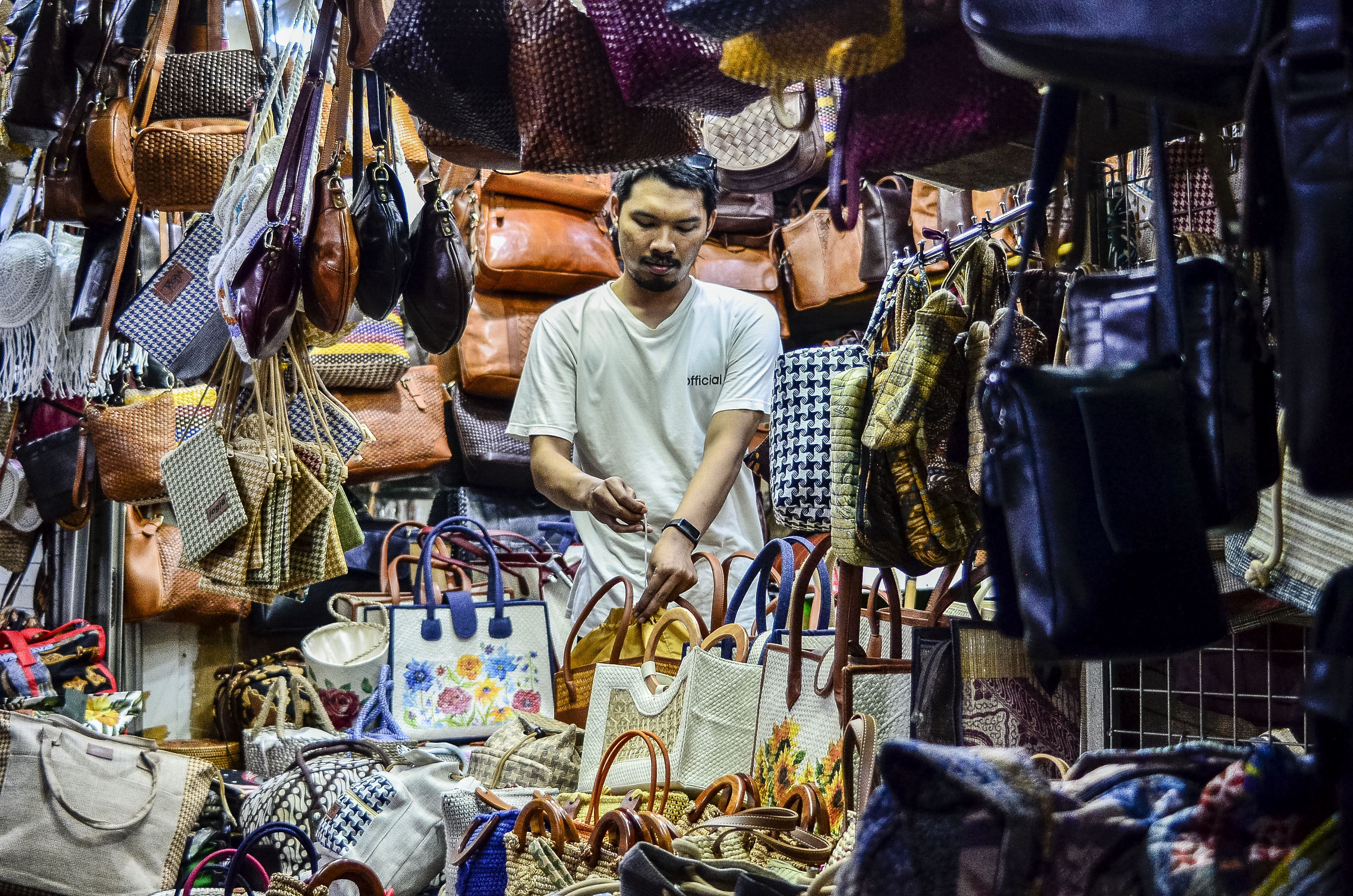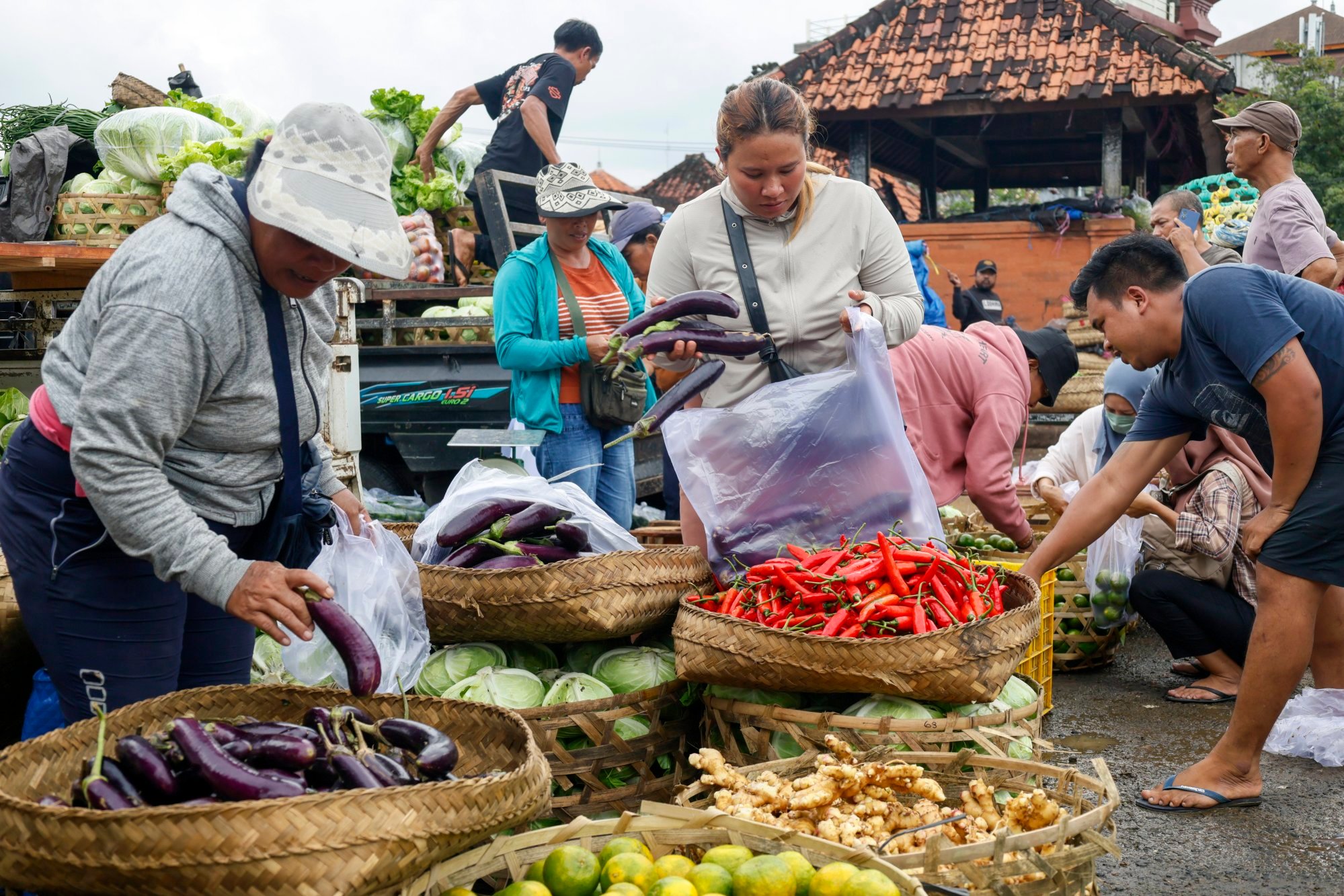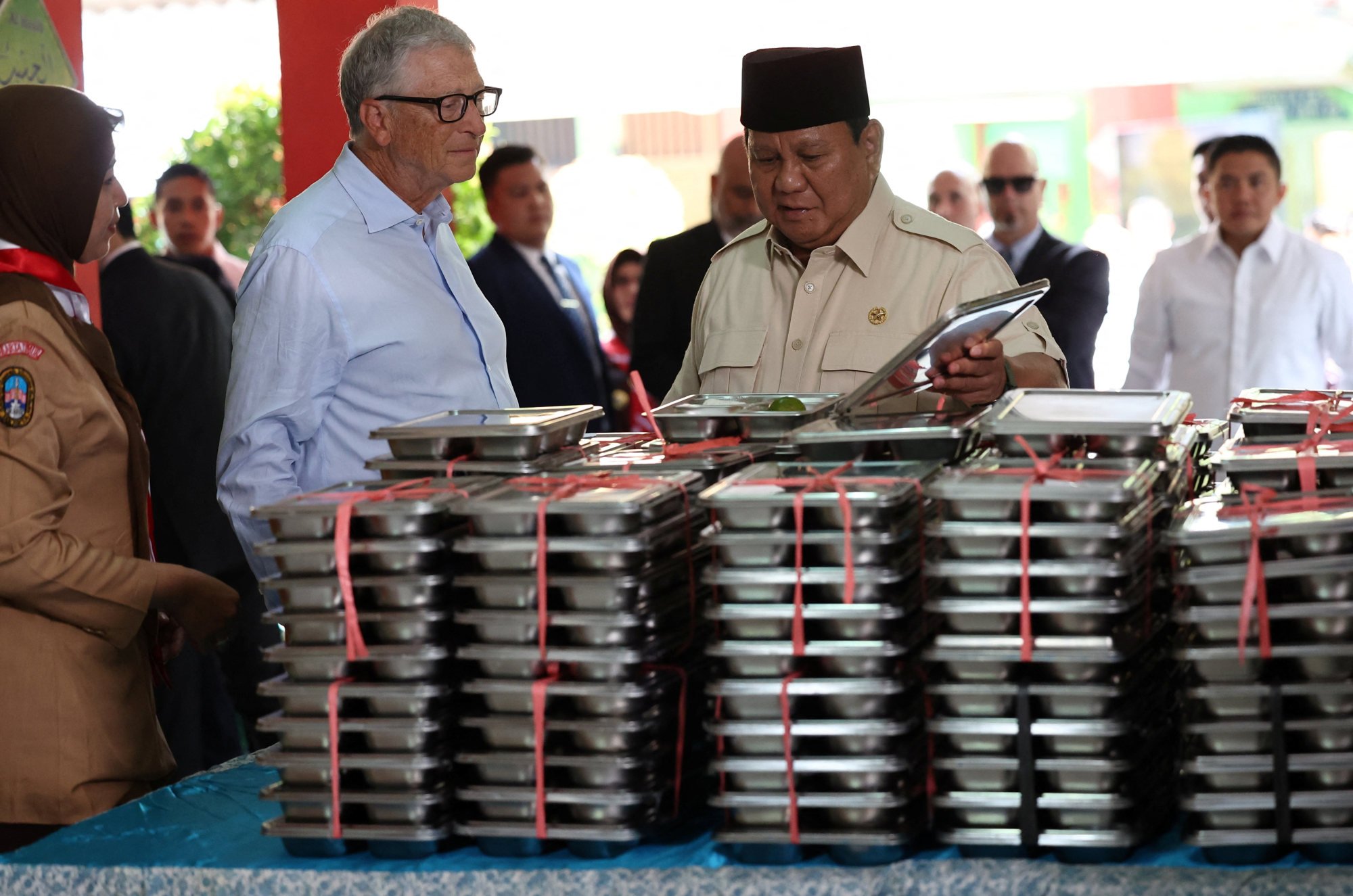Indonesia faces calls to boost economy through more support for small businesses
Micro, small and medium enterprises account for over 60 per cent of Indonesia’s economy, and analysts say support for them is critical

Indonesia must bolster support for informal and rural businesses if it is to revive its slowing economy and meet President Prabowo Subianto’s ambitious goal of raising annual growth to 8 per cent by the end of his term, according to former officials and economists.
Micro, small and medium enterprises (MSMEs) account for more than 60 per cent of Indonesia’s gross domestic product and employ nearly 117 million people – or 97 per cent of the total workforce – according to government data. Yet most operate in the informal sector and lack consistent support from national policy, observers say.
“The grass-roots economy has become important right now,” said Rudiantara, Indonesia’s former minister of communication and information, speaking at the Asia Grassroots Forum in Bali on Thursday. “There is a lot of resilience in these lower- and middle-income communities – so we need to ensure that we are supporting them.”
Rudiantara, who also serves as president commissioner at the microfinance platform Amartha, which hosted the forum, said Indonesia’s path to economic recovery would depend on empowering its rural and informal sectors – particularly with key indicators pointing to growing macroeconomic headwinds.
“Our economic performance in the first quarter has declined … we’re seeing this reflected in falling car and motorcycle sales, and in what’s known as the lipstick effect,” he said, citing the theory that consumers typically would opt for smaller, affordable luxuries during times of financial stress.

Indonesia’s economy posted its slowest growth rate in over three years in the January to March period, at 4.87 per cent year-on-year, down from 5.02 per cent in the previous quarter, according to official data released by Statistics Indonesia.
Analysts warn that budgetary pressures, sluggish consumer spending, and the ripple effects of American tariffs could further dampen the country’s economic outlook this year.
The slowdown could challenge Prabowo’s pledge to increase annual growth in Southeast Asia’s largest economy to 8 per cent by the end of his five-year term in 2029, analysts say.
Businessman Sandiaga Uno, who served as Indonesia’s Minister of Tourism and Creative Economy from 2020 to 2024, noted that support for the informal economy would be crucial if Indonesia were to achieve the targeted growth rate.
“Indonesia must take opportunities in the face of economic uncertainties, and we can leverage one sector that is very resilient, which is our grass-roots economy,” Sandiaga said at the forum.
Prabowo’s administration is contending with external pressures, including global economic headwinds from the US-China trade war and the threat of Washington’s hefty “reciprocal” tariffs, at 32 per cent for Indonesia’s exports to the US.
Tightening budgetary constraints after the government implemented spending cuts and reallocated funds to finance Prabowo’s flagship programmes are hindering domestic growth in Indonesia, according to economists.

One of the programmes is the free meal initiative for children and expectant mothers, of which has been allocated US$4.4 billion this year, as well as a controversial new sovereign wealth fund with an initial commitment of US$20 billion.
Sandiaga suggested that the government could integrate micro and small businesses into its initiatives, such as the free meal programme, by employing women from rural areas and creating pathways for lower-income communities to move towards the middle class.
“Who better to provide nutritional meals than mothers?” he said. “Involve [the women] in these programmes and empower them through these initiatives. That’s how we can drive our economy forward.”
Despite some signs of a slowdown in Indonesia’s economy, Sandiaga has expressed optimism of a rebound through policies targeting lower-income and middle-class communities.
“The question has been raised about whether government support for MSMEs is necessary if the private sector is [better established] in this area,” he said.
“However, the grass-roots economy cannot be approached with this mindset – its growth requires collective involvement and support.”